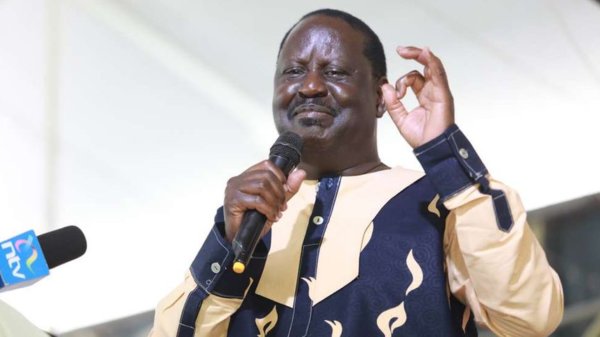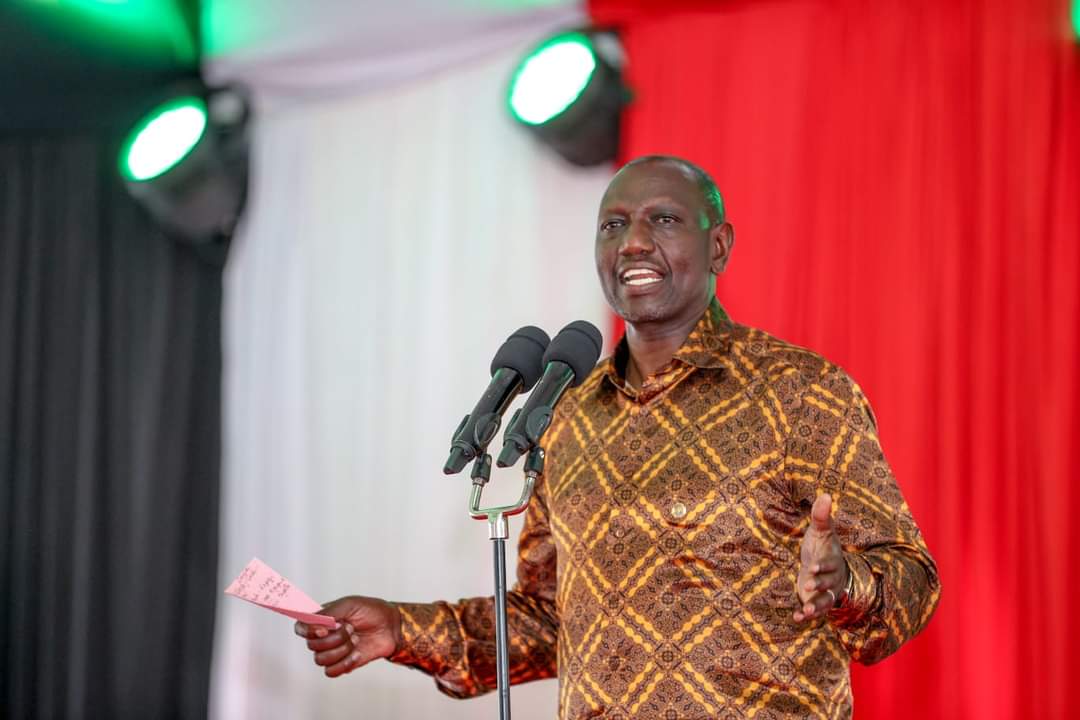President William Ruto’s plan to construct a new State House in Mombasa has been met with criticism from Kenyans who view it as a misplaced priority.
According to State House Comptroller Katoo Ole Metito, the old State House in Mombasa is inhabitable and needs to be rebuilt. He added that the building, which was constructed in 1897, is in a dilapidated condition and does not befit the president.
Metito explained that the architectural design of the estate, which was built before the advent of the colonial administration, is incompatible with current building trends, complicating previous renovation plans.
The State is reportedly in the process of acquiring the initial architectural designs of the building, which had been traced in a British Museum.
While the decision to rebuild the State House has been defended by some, others have questioned its timing. Kenya is facing an economic crisis, with many citizens struggling to make ends meet due to the high cost of living. Critics argue that building a new State House at a time when citizens are facing financial hardship is a misplaced priority.
The Director of Hospitality at State House Mombasa, Julius Chumo, explained that the refurbishment of the building has been hindered by several challenges. These include the use of outdated technology during the building’s construction, which is incompatible with current trends in construction, and the building’s proximity to the Indian Ocean, which poses the risk of corrosion.
In the financial year 2022/23, the Treasury allocated Ksh94 million ($840,000) for the repair of State House and State Lodges. The refurbishment of Mombasa State House was projected to cost Ksh42 million ($378,000).
The decision to build a new State House has reignited the debate on government spending priorities. Critics argue that the government should focus on addressing the economic challenges facing the country, such as high inflation, unemployment, and food insecurity, instead of investing in lavish projects.
However, supporters of the government’s decision argue that the State House is a symbol of national sovereignty and must be maintained to reflect the country’s status as a major African nation.


































































